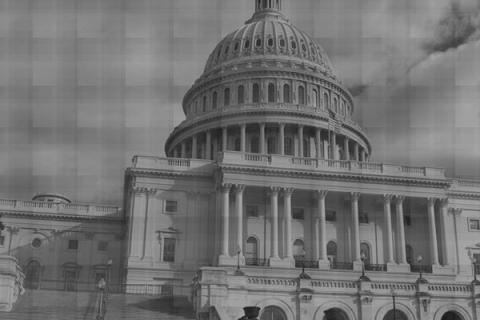In keeping with its reputation for inconsistent legal interpretations, the Supreme Court of California has decided that police officers have a right to search a suspect's cell phone without a warrant.
In a 5-2 ruling handed down Monday, law enforcement needn't be bothered by that pesky fourth amendment protection which was thought to be enjoyed by every American. It used to be that detained persons could only be searched for disclosed weapons without a warrant, but today, all bets are off as the wealth of information stored on a detainee's cell phone is fair game for those hoping to incriminate.
Justice Ming Chin, leading the majority, cited a 2007 federal court case (The People vs. Gregory Diaz) involving the warrantless search of a Ventura County man's cell phone text message log after he was arrested for attempting to sell ecstasy. A deputy sheriff found a cryptic message on Diaz's confiscated phone which he claimed alluded to a planned drug deal. When Diaz refused to incriminate himself, officers presented the text message to Diaz who then admitted to the infraction, but later appealed his case to have evidence obtained from his phone thrown out.
Perhaps, if Mr. Diaz's case was heard in Ohio he would have only had to concern his defense with matters of due process, such as witness affidavits and search and seizure warrants. In fact, the Ohio Supreme Court ruled in diametric opposition to its California counterpart on this issue in 2009.
Several decisions from the 1970s were relied upon by Chin and company to transmute the legal definition of a “closed container” from a cigarette package and clothing, to a smart-phone replete with emails, pictures, videos, apps, an address book and oodles of other personal information which was heretofore considered off limits to policy enforcers who don't have a warrant.
Until the case is overturned by the U.S. Supreme Court (don't hold your breath), it looks like the precedent now exists for police to make cell phones, even constructively possessed, subject to warrantless searches upon arrest.
"Objects falling under the banner of 'closed container' have traditionally been physical objects capable of holding other physical objects. ... Even the more basic models of modern cell phones are capable of storing a wealth of digitized information wholly unlike any physical object found within a closed container," writes Ohio Supreme Court Justice Judith Ann Lanzinger.
Well that's a no-brainer, and all the more reason to have your cell phone protected from unlawful searches and seizures like the Constitution mandates.

